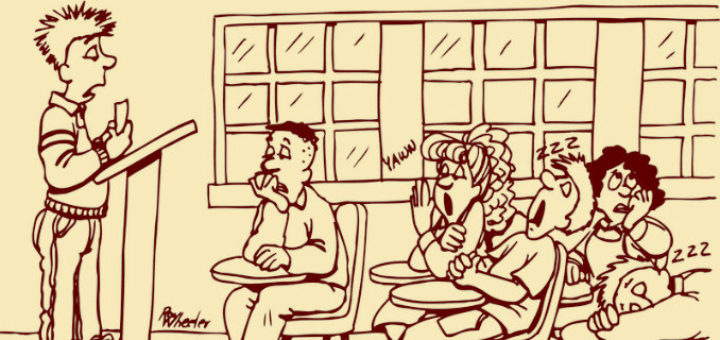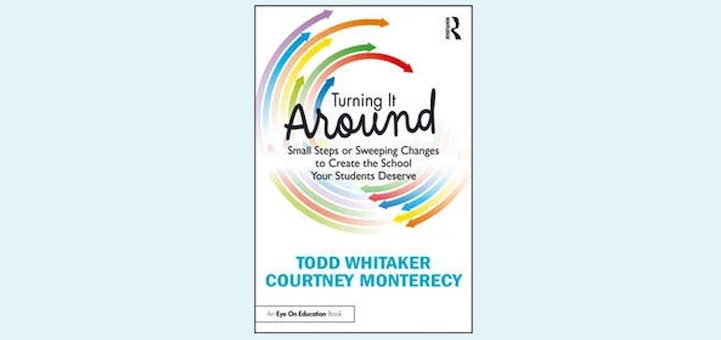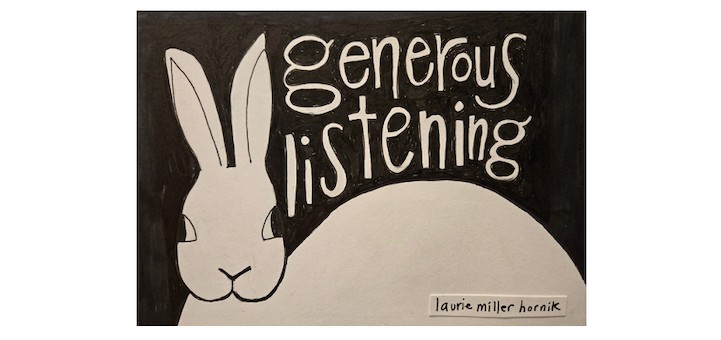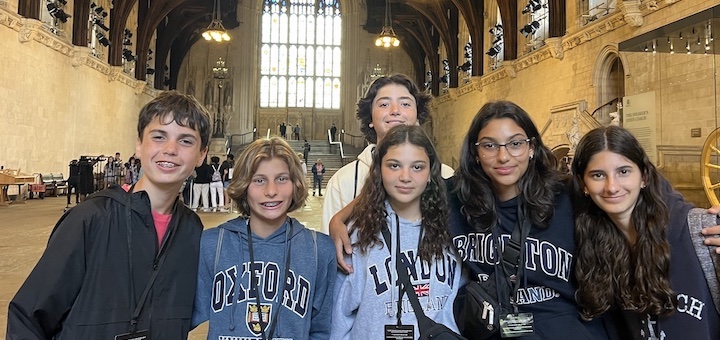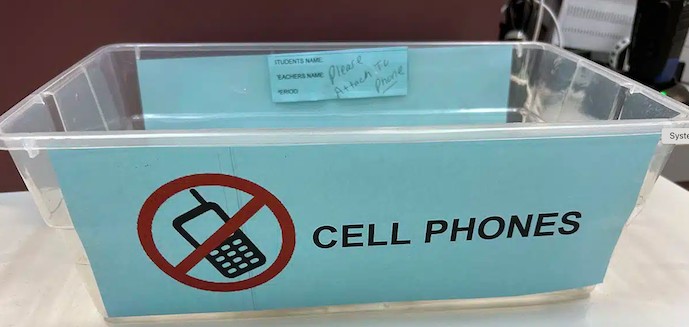Does Math Class Have To Be Fun All Year?
Recently when Michelle Russell noticed that winter had drained the joy from her math classroom, she set out to reignite the glow. Checking with other teachers in person and online, she found tools that work. Trashetball, row games, and buzzer competitions top her new list.

